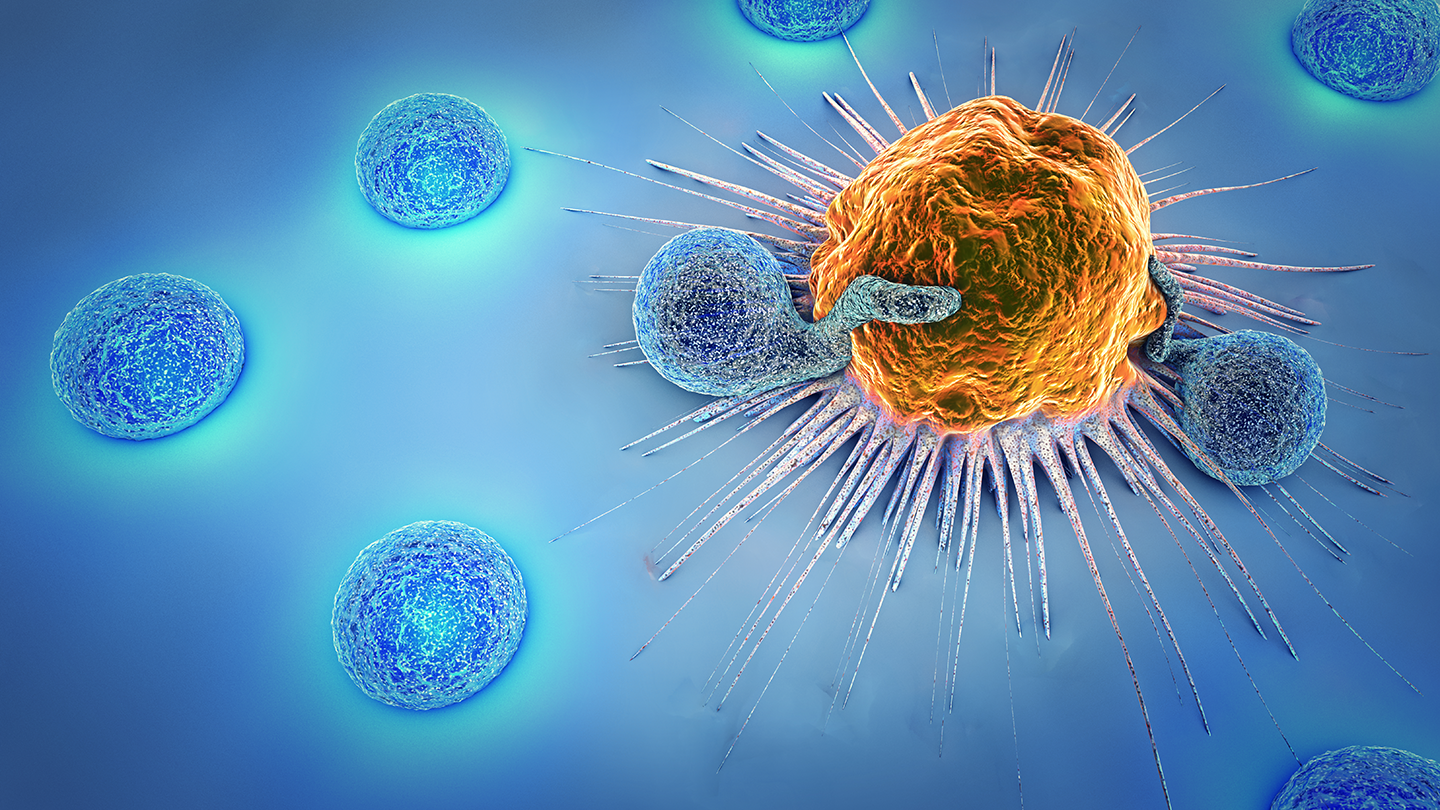CAR-T Overview
Chimeric antigen receptor (CAR)-T cell therapies involve genetically modifying a patient's T cells to recognize and attack cancer cells. These CARs provide immune effector cells with tumor targeting specificity. By redirecting the immune system to eliminate malignant cells, CAR-T cells act as a living drug, with potential to expand in the patient and enable long-term antitumor activity. CAR-T cells can be classified as either autologous (derived from the T cells of the cancer patient) or allogeneic (derived from the T cells of a healthy donor).
Industry Challenges
Despite the vast potential of CAR-T cell therapies, major challenges persist for both autologous and allogeneic approaches:
Autologous therapies derive cells from the individual patient and are highly personalized, but involve complex manufacturing, which can result in variation in production quality and long development time; the industry standard for manufacturing a batch of CAR-T cells is one to six weeks. This means these treatments may be less suitable for patients with rapidly progressing cancer. It is also challenging to generate sufficient high-quality CAR-T cells as the T cells of patients are often compromised from earlier lines of cancer treatment. A further challenge is the need for specialized treatment centers during administration of a CAR-T and lengthy hospitalization following treatment.
Allogeneic therapies, including those intended for use off-the-shelf, derive cells from healthy donors, but require modifications to reduce the risk of unwanted side effects and the rejection of the CAR-T cells by the patients’ own immune system.
Our Approach
We are committed to disrupting the conventional approaches to both autologous and allogeneic CAR-T cell therapies by leveraging our highly innovative technology platforms, proprietary techniques, in-house expertise, clinical development strategy, and scalable manufacturing processes.
Our Technology Enhancers
We have a suite of proprietary genetic engineering techniques; Dual CAR and Enhanced CAR, that can be leveraged with our FasTCAR and TruUCAR technology platforms with the goal to further enhance the therapeutic effects of our CAR-T product candidates.
Dual CAR
Our dual CAR technology enables the development of dual antigen targeting CAR-T cells. Dual targeting has broad therapeutic applications. Targeting two antigens can reduce the likelihood of antigen escape and potentially achieve more durable disease control. In oncology we are exploring the potential of dual targeting where the second CAR is designed to target early lineage cells or progenitors that will ultimately develop into cancer cells.
We are also researching the potential of Dual CAR to create TruUCAR-enabled allogeneic CAR-T cell therapies designed to overcome current challenges such as host graft rejection.
Enhanced CAR
Enhanced CAR is designed to further strengthen CAR-T cells' functionality, for example by overcoming the immunosuppressive tumor microenvironment (TME) and/or increasing cytokine signaling. Working on the hypothesis that PD-1 mediated immunosuppression causes CAR-T cell hypofunction, we utilize CRISPR/Cas9 to knock out PD-1 expressed on CAR-T cells to release potential suppression from programmed death-ligand 1 (PD-L1) expressed on tumor cells and other suppressive immune cells in tumor tissue. With Enhanced CAR, we are also researching the potential for regulating the expression of one or a combination of cytokine, cytokine receptors or checkpoint ligands.


